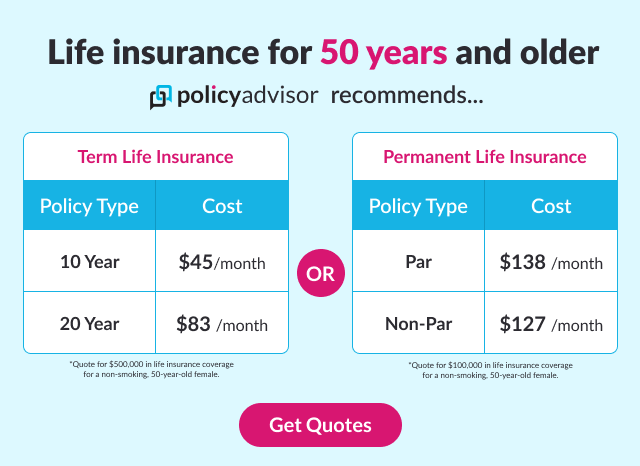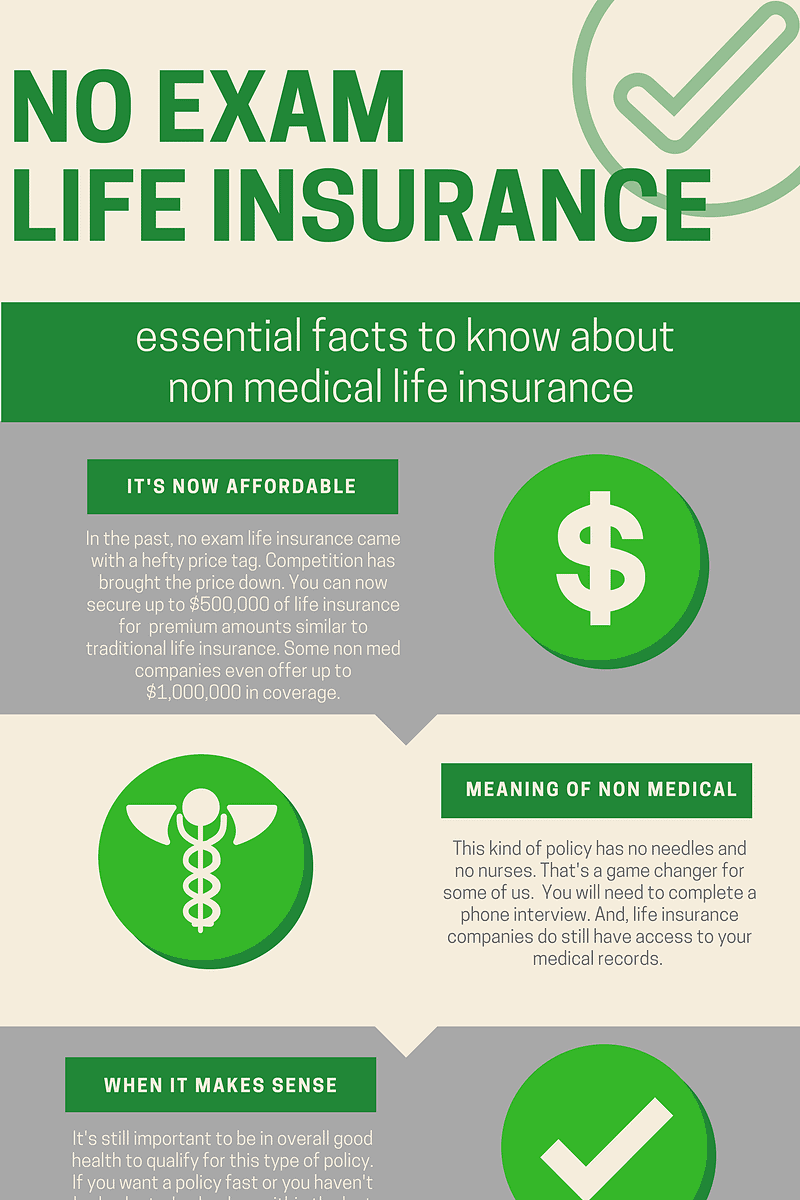What to Do When Your Car is Totaled
So, your car was just declared totaled after a car accident? It can be a whirlwind of emotions, from shock and disbelief to anger and frustration. But it’s important to stay calm and collected and take the necessary steps to protect your interests and ensure a smooth claims process. Here’s a step-by-step guide on what to do when your car is totaled.
1. Stay Calm and Collect Information
In the immediate aftermath of an accident, it’s easy to get overwhelmed by the adrenaline and emotion. But it’s crucial to try to stay calm and collect as much information as possible. This will be essential for filing a claim with your insurance company. Jot down the following details:
- The date, time, and location of the accident
- The names and contact information of the other driver(s) involved
- The make, model, and year of your vehicle
- The make, model, and year of the other vehicle(s) involved
- The names and contact information of any witnesses
- Take pictures of the accident scene, including the damage to both vehicles
If you’re injured, seek medical attention immediately. Your health is the most important thing, even if the damage to your car seems minor. Once you’ve been checked out by a doctor, you can contact your insurance company to report the accident.
2. Contact Your Insurance Company
As soon as possible after the accident, contact your insurance company to report the accident. They will assign you a claims adjuster who will guide you through the process and help you file a claim. The claims adjuster will need the information you collected in Step 1, so be sure to have it ready.
Depending on your policy, you may be entitled to a rental car while your vehicle is being repaired or replaced. The claims adjuster can help you arrange for a rental car if you need one.
3. Get an Estimate for Repairs
Once you’ve filed a claim, the insurance company will send an appraiser to inspect your vehicle and assess the damage. The appraiser will then prepare an estimate for the cost of repairs. If the cost of repairs exceeds the value of your vehicle, the insurance company will declare your car a total loss.
4. Negotiate a Settlement
If your car is declared a total loss, the insurance company will offer you a settlement. The settlement amount will be based on the value of your vehicle before the accident and the cost of repairs. You can negotiate with the insurance company to get a fair settlement.
If you’re not satisfied with the settlement offer, you can hire an attorney to represent you. An attorney can help you negotiate a better settlement or even file a lawsuit against the insurance company.
5. Sign the Release
Once you’ve reached a settlement with the insurance company, you’ll need to sign a release. This release will state that you’re accepting the settlement and releasing the insurance company from any further liability.
Once you’ve signed the release, the insurance company will issue you a check for the settlement amount. You can then use this money to purchase a new car or repair your current vehicle.
Totaled Car? What You Need to Know
Been in a bad car accident? If so, you may be wondering if your car is totaled. Here’s what you need to know about determining your loss and what happens next.
Determining Your Loss
When a car is deemed totaled, it means that the cost of repairing the damage exceeds the actual cash value (ACV) of the vehicle. The insurance company will typically determine the ACV based on factors such as the car’s make, model, year, condition, and mileage. If the cost of repairs is more than the ACV, the car will be considered a total loss and the insurance company will pay you the ACV.
There are some cases where a car may be considered a total loss even if the cost of repairs is less than the ACV. For example, if the car is badly damaged and is no longer safe to drive, the insurance company may declare it a total loss. Additionally, some states have salvage laws that require cars to be totaled if they are damaged beyond a certain percentage of their value.
What Happens Next
If your car is deemed a total loss, the insurance company will typically give you two options: You can either accept the ACV and have the insurance company take possession of the car, or you can keep the car and receive a salvage value. If you keep the car, you will be responsible for paying the remaining cost of repairs and any salvage fees.
Deciding whether to accept the ACV or keep the car is a personal decision. If you need a car to get around, you may want to keep it and repair it. However, if you don’t need the car or if the cost of repairs is too high, you may want to accept the ACV and let the insurance company take possession of the car.
Car Accident Totaled: What to Do Next
Being involved in a car accident is never a pleasant experience. It can be especially distressing when your vehicle is totaled. Fortunately, there are steps you can take to protect your rights and get the compensation you deserve. Here’s what you need to know if your car has been declared a total loss.
Document the Scene
After any car accident, it’s crucial to gather as much information as possible at the scene. Take photos of the damage to both vehicles, as well as the surrounding area. Exchange insurance information with the other driver(s) involved and obtain the contact details of any witnesses.
Report the Accident
In most states, you’re legally obligated to report any car accident to the authorities. This is especially important if someone was injured or if there is significant property damage. The police report will provide a valuable record of the accident and can be used to support your insurance claim.
Filing a Claim
Once you’ve reported the accident, it’s time to file a claim with your insurance company. You’ll need to provide your insurance information, the details of the accident, and any documentation you’ve gathered, such as photos and the police report. Clearly state that you’re requesting a settlement based on the total loss value of your vehicle.
Your insurance company will then investigate the accident and determine the total loss value of your car. This is typically based on the market value of the vehicle before the accident, minus any salvage value. Once the insurance company has determined the total loss value, they will issue you a settlement check. If you’re not satisfied with the settlement offer, you may be able to negotiate with the insurance company or file a lawsuit.
Dealing with a Totaled Car: A Comprehensive Guide
After the jarring impact of a car accident, the realization that your vehicle is totaled can be a sobering blow. But don’t despair, as this comprehensive guide will provide you with the necessary steps to navigate this challenging situation.
Assessing the Damages
Once you’ve ensured your safety and sought medical attention if necessary, it’s crucial to assess the extent of your car’s damage. Insurance adjusters will inspect your vehicle to determine if it’s considered a "total loss." This judgment is typically made when the repair costs exceed a certain percentage of the car’s pre-accident value, usually around 75%.
Valuing Your Vehicle
If your car is declared a total loss, the next step is to determine its value. Insurance companies use a combination of factors, including the make, model, year, mileage, and condition of your car, to calculate its market value. They may also consult valuation guides such as Kelley Blue Book or NADA.
Negotiating a Settlement
Once the value of your car has been established, it’s time to negotiate a settlement with the insurance company. This is where your negotiation skills come into play. Don’t be afraid to ask for what you believe your car is worth, taking into consideration any accessories or upgrades it may have. Insurance companies often start with a lowball offer, so be prepared to counter with evidence to support your valuation.
How to Negotiate Effectively
Negotiating a settlement for a totaled car can be a daunting task, but there are some key strategies you can employ to increase your odds of success:
- Gather your documentation: Collect all relevant paperwork, including the police report, insurance policy, and repair estimates.
- Research comparable vehicles: Determine the market value of similar cars in your area.
- Be prepared to walk away: If the insurance company refuses to meet your reasonable demands, don’t hesitate to seek legal counsel or file a complaint with the insurance commissioner.
- Consider an independent appraisal: Hiring an independent appraiser to assess the value of your car can provide you with an unbiased opinion.
- Negotiate in person: If possible, meet with the insurance adjuster in person to discuss your settlement. This allows for a more personal and direct negotiation.
Car Accident Totaled: What’s Next?
A car accident can be a traumatic experience, and even damage is an understatement when the car is totaled. But what happens after the dust has settled and the insurance companies have made their assessments?
Determining Fault
The first step is usually determining who is at fault for the accident. This will help determine which insurance company is responsible for paying for the damages. If you are found to be at fault, your own insurance company will likely cover the costs. However, if the other driver is at fault, their insurance company will be responsible.
Filing a Claim
Once you have determined who is at fault, you will need to file a claim with the appropriate insurance company. This can be done online, over the phone, or in person. You will need to provide the insurance company with information about the accident, including the date, time, location, and a description of what happened.
Negotiating a Settlement
Once the insurance company has received your claim, they will send out an adjuster to assess the damage to your car. The adjuster will then make an offer for a settlement. This is the amount of money that the insurance company is willing to pay to cover the damages. You can negotiate with the adjuster to try to get a higher settlement. However, it is important to be realistic in your expectations.
Receiving Payment
Once a settlement has been agreed upon, the insurance company will send you a check for the amount of the settlement. You can use this money to purchase a replacement vehicle or cover other expenses related to the accident. Such expenses might include medical bills, lost wages, or pain and suffering. If the insurance company is dragging its feet, you can contact your state’s insurance commissioner to file a complaint..
Car Accident Totaled: What to Do Next
After the shock of a car accident, dealing with the aftermath can be overwhelming. Discovering that your car has been totaled can add an extra layer of stress.
Here’s what to do when your car is totaled in an accident:
Filing a Claim
First things first: file a claim with your insurance company. They’ll need information about the accident, including the police report and photos of the damage. Your insurance adjuster will assess the damage and determine if your car is a total loss.
Determining the Value of Your Car
Your insurance company will use a variety of factors to determine the value of your car, including its make, model, year, and mileage. They’ll also consider any recent repairs or upgrades you’ve made. The value of your car will be used to calculate your settlement.
Accepting the Settlement
Once you’ve received the settlement offer from your insurance company, you have the option to accept or reject it. If you accept the settlement, you’ll sign a release that states you’re satisfied with the amount and won’t pursue further legal action.
Buying a New Car
If you decide to buy a new car, you can use the settlement money as a down payment. Keep in mind that you may need to pay additional money out of pocket, depending on the cost of the new car.
Additional Considerations
In addition to the steps above, here are a few other things to keep in mind:
– Check for personal belongings in your totaled car before it’s towed away.
– Cancel your registration and insurance for the totaled car to avoid paying unnecessary fees.
– Contact the Department of Motor Vehicles (DMV) to surrender your license plates.
– Dispose of the totaled car responsibly. You can sell it to a salvage yard or donate it to charity.
– Don’t forget to report the accident to your state’s department of transportation. This is required in most states.
Dealing with a totaled car can be a hassle, but by following these steps, you can make the process as smooth as possible.




Leave a Reply